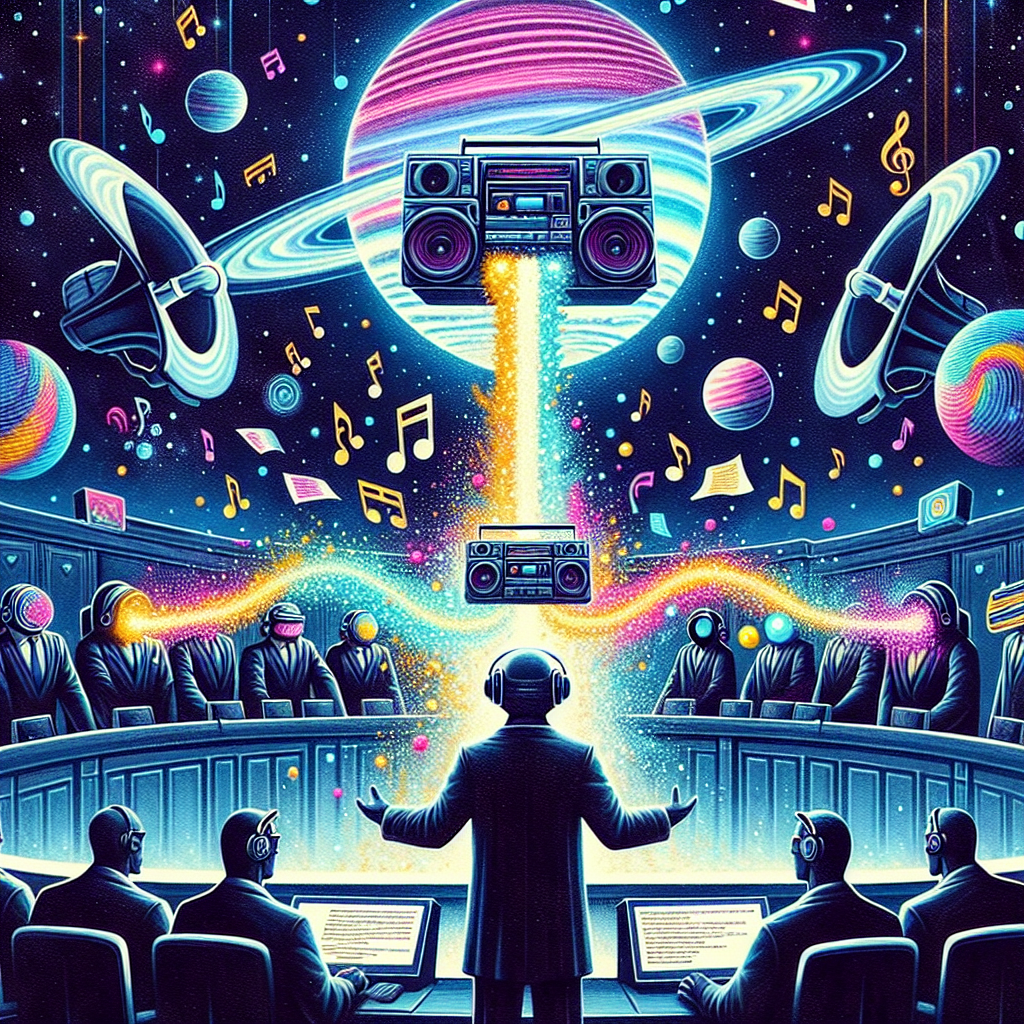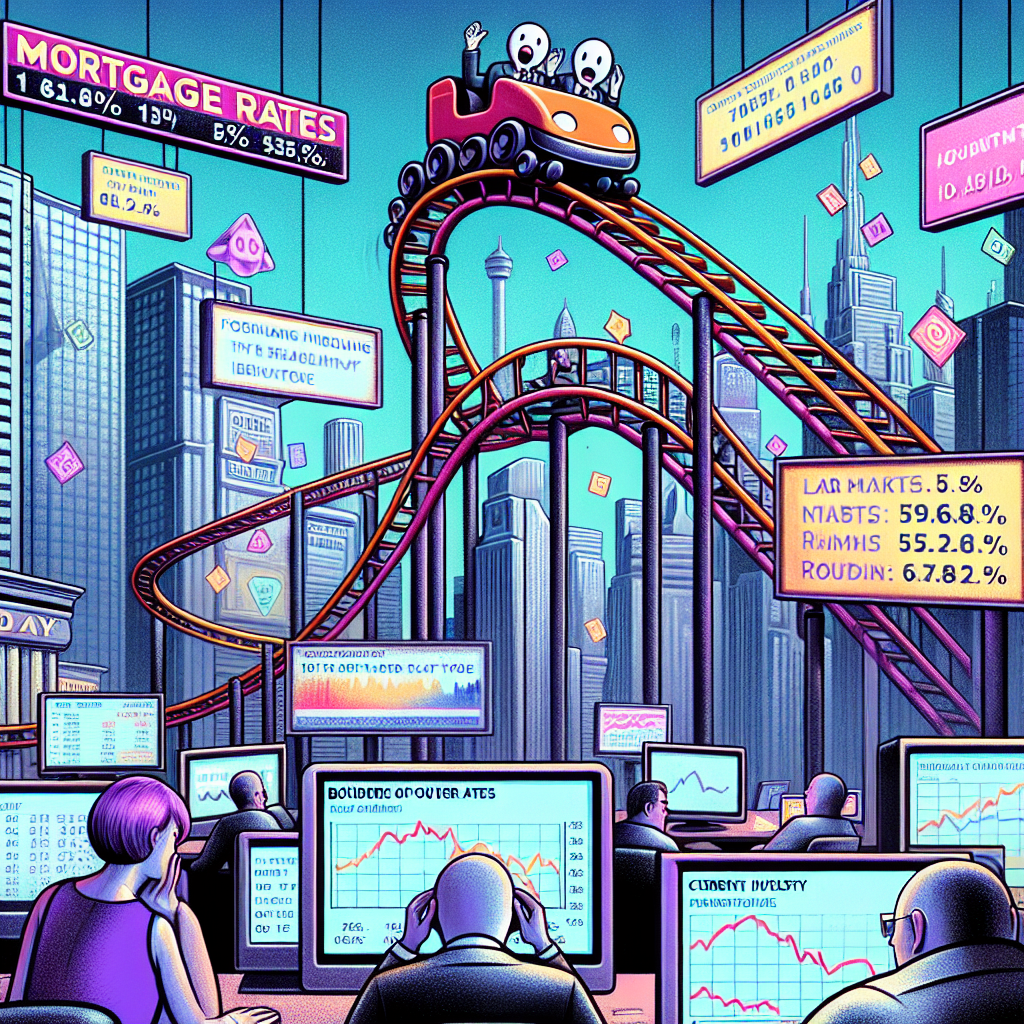Brace yourselves, trend-twisters and beat-breakers, because Mr. KanHey is about to ignite a fire in the heart of the reggaetón galaxy.
It appears that Saturn isn’t just the sixth planet—it’s also the epicenter of the latest copyright constellation collision starring urbano prince Rauw Alejandro and an invisible empire of retro power players: BM Records. And trust me when I say, this isn’t your average label-versus-artist drama. No, darling—this is a full-blown sonic soap opera drenched in legacy beats, blurred lines, and the roaring echo of Puerto Rico’s underground past.
Let’s rewind the tape.
Rauw Alejandro, the genre’s interstellar lover-boy, launched his 2022 album *Saturno* as a shimmering homage to late-‘90s reggaetón—the pre-globalization era when the beats were raw, the bass was unfiltered, and DJ Playero was fusing Caribbean grit with cassette-tape rebellion. *Saturno* pulsed with nostalgia, and the streets whispered: “He’s bringing Playero back.”
Fast-forward to now—and boom: the mic has dropped, but not in the way anyone expected.
BM Records, a label you’ve probably never screamed at in a club but who claims to hold the rights to Playero’s early catalog, is accusing Rauw Alejandro of skipping the clearance line. That’s right—they claim Rauw didn’t properly license several iconic Playero samples featured throughout *Saturno*. The kicker? Playero himself is credited on the album—but he’s not the one sounding the legal alarm.
Pause.
Let’s talk about this Playero paradox. You have a pioneer, a DJ whose fingerprints are practically embedded in the DNA of reggaetón. He’s name-dropped. Credited. Likely vibing to the renewed relevance. And yet, this corporate phantom—the elusive BM Records—has lunged forward with claims of ownership. Sample clearance isn’t just a technicality, it’s a battlefield where art collides with bloodless paperwork, and artists often get ankle-bitten by the legacy beasts of yesteryear.
What we’re witnessing, my dear disruptors, isn’t just a sample war—it’s a cultural custody battle.
Let’s not mince words: Rauw, sonically, was giving flowers. He built *Saturno* like a time capsule—honoring DJ Playero’s gritty genius while yanking it into shiny, space-age territory. But honoring isn’t legalizing, and the system—wrapped in red tape and centavos—doesn’t give a damn about artistic reverence unless there’s a signature, a slip, and a staggering fee attached.
BM Records is playing the ghost of reggaetón past— resurfacing not to celebrate, but to collect. And it raises the immortal question: Who owns the culture? The creator who crafts the beat, the label that files the paperwork, or the new generation that breathes life back into the rhythm?
This isn’t just about Rauw. This is about the generational disconnect between the raw, explosive birth of reggaetón and its hyper-commercialized, crypto-slick present. Today’s urbano superstars—Bad Bunny, Rauw, Karol G—are global. They wear tech sponsorships and stream billions. But their roots? Those were scratched onto cheap plastic CD covers in Boriqua parking lots, bumping through busted car stereos in Santurce and Bayamón.
And now, as that history becomes monetizable nostalgia, the vultures circle.
Let’s stay real: If BM Records holds the keys to Playero’s old catalog, then yes, legally, they may have a case. But morally, spiritually, culturally? The conversation is far messier. Creativity doesn’t live in bullet points. And music—especially a genre birthed by resistance—isn’t built to follow the tidy rules of corporate bookkeeping.
This moment shatters complacency. It demands we ask: When homage triggers litigation, has the culture been colonized by contracts?
Rauw Alejandro’s *Saturno* wasn’t just a record, it was a love letter. But in the dystopian opera of copyright and corporate greed, love letters can get stamped “Return to Sender.”
So while the lawyers pull out dusty contracts and Spotify keeps stacking streams, remember this: Reggaetón was never meant to be polite. It was built on bootlegs, borrowed beats, and bombastic rebellion. And if we let the suits rewrite the culture’s origin story, we’re not preserving history—we’re erasing it.
Stay loud. Stay illegal-in-spirit. And remember: art can be sued, but it can never be silenced.
—Mr. KanHey







